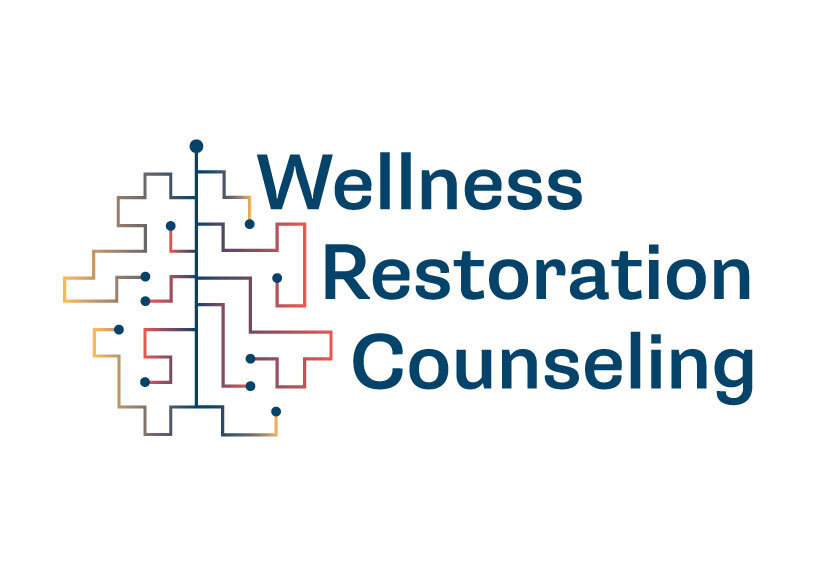General Questions About Therapy
What is therapy, and how does it work?
Therapy (also called counseling or psychotherapy) is a collaborative process where you work with a trained mental health professional to explore thoughts, feelings, behaviors, and challenges in your life.
How do I know if I need therapy?
If you’re feeling overwhelmed, anxious, stuck, or going through a life transition, therapy can help. It’s not just for crises—it’s also for personal growth, healing, and support.What should I expect in my first session?
The first session typically includes an intake process, where your therapist will ask questions about your history, concerns, goals, and any symptoms you're experiencing.
Logistics & Practical Concerns
How long is a therapy session?
Most sessions last about 50 minutes (a “therapy hour”), although this can vary.
How often will I need to come to therapy?
This depends on your goals, availability, and the therapist's recommendations—weekly is common, but biweekly or monthly may be appropriate later on.How long will I be in therapy?
Some people come for a few sessions, while others benefit from longer-term therapy. It’s a flexible and individualized process.How much does therapy cost, and is it covered by insurance?
Fees vary widely. Some therapists accept insurance, while others are private pay. Sliding scale fees may be available.
Choosing a Therapist
How do I choose the right therapist for me?
Look for someone who is licensed, specializes in your concerns, and feels like a good fit in terms of personality and communication style. It’s okay to try a few before committing.
What’s the difference between a psychologist, psychiatrist, therapist, and counselor?
Psychologist: Doctoral-level mental health professional, often provides therapy and psychological testing.
Psychiatrist: Medical doctor who can prescribe medication.
Therapist/Counselor: General terms for licensed professionals (like LPC, LCSW, LMFT) who provide talk therapy.
Confidentiality & Safety
Is therapy confidential?
Yes, with a few legal exceptions (e.g., risk of harm to self or others, child or elder abuse). Your therapist will explain this in the first session.What if I don’t feel comfortable with my therapist?
It’s okay to speak up or try someone new. Therapy should feel safe and supportive.
Personal Growth & Outcomes
Will therapy “fix” me?
Therapy is not about being “fixed,” but about growing, understanding yourself, and developing tools to navigate life more effectively.What if I don’t know what to talk about?
That’s totally normal! A good therapist will guide the conversation and help you explore what’s on your mind, even if you’re unsure where to start.Can I do therapy if I’m not in a crisis?
Absolutely. Many people use therapy for self-discovery, stress management, and maintaining emotional health.
